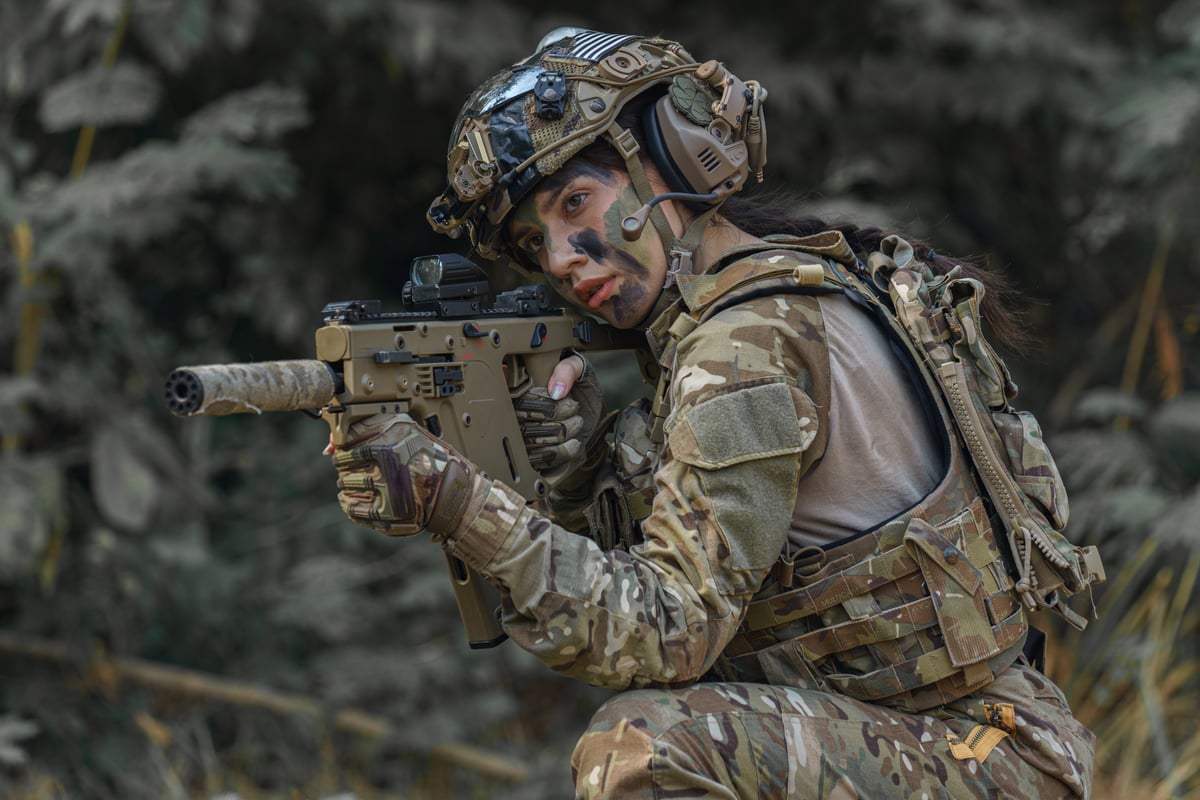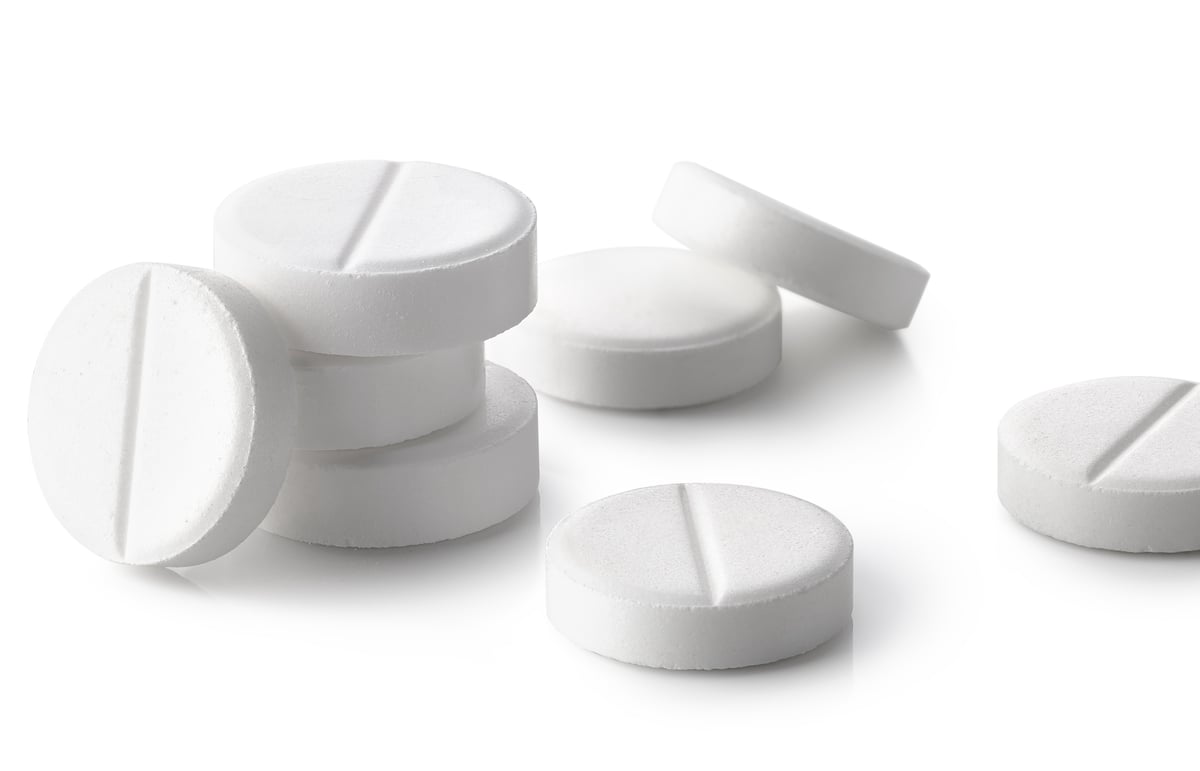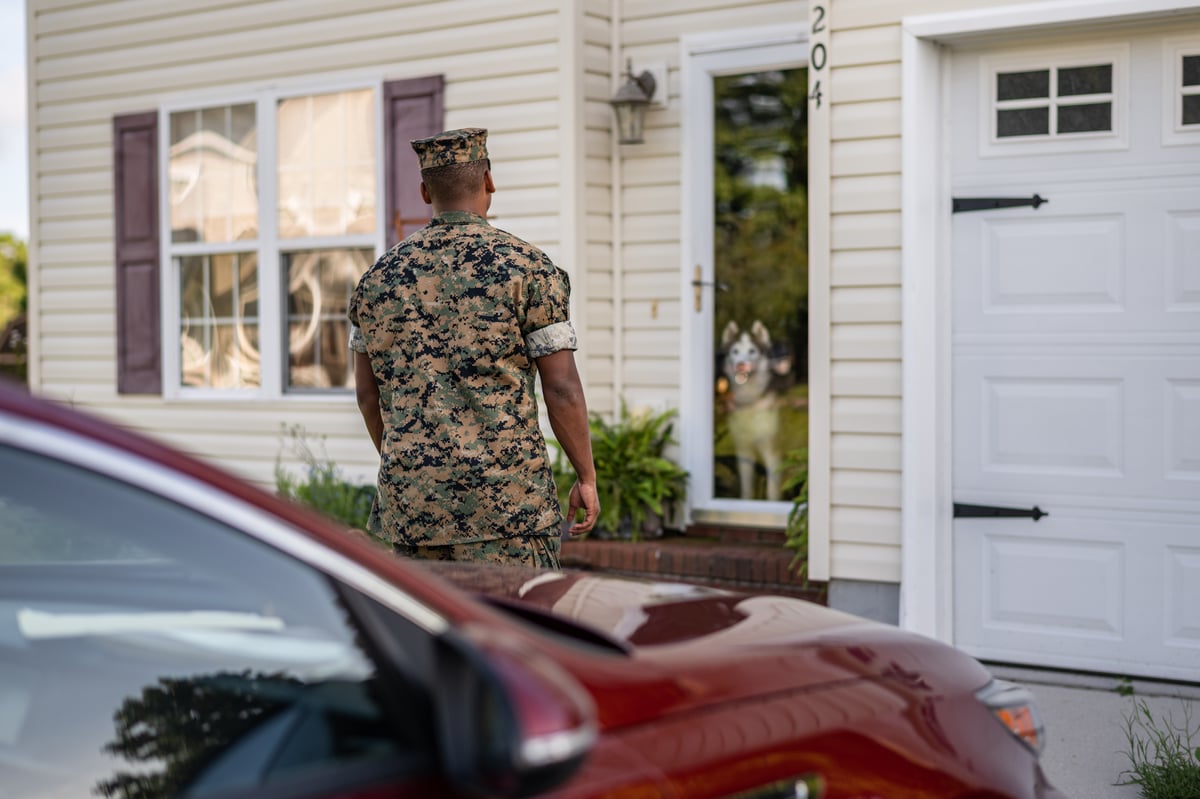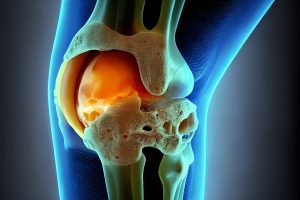
More and more Americans who use “micromobility” transport, such as electric bikes and e-scooters, are motoring their way straight into the ER, new data shows. In fact, the rate of e-bike injuries among Americans doubled each year between 2017 and 2022, reportED a team led by Dr. Adrian Fernandez, of the University of California, San Francisco (UCSF). There was a concurrent 45% rise in injuries linked to e-scooters. This steep rise in accidents “underscores an urgent need for added safety measures,” Fernandez said in a UCSF news release. His team published its findings July 23 in the journal JAMA Network Open. As the researchers noted, the use of tiny motorized means of getting around has surged 50-fold over the past decade in the United States. E-bikes and e-scooters are not only much easier on the environment than cars, but they are relatively cheap, convenient and can reach speeds of up to 28 miles per hour. But there’s a downside: Accidents. Fernandez and colleagues used data from U.S. Consumer Product Safety Commission’s National Electronic Injury Surveillance System for 2017 through 2022. While 751 injuries on e-bicycles were reported in 2017, that number had spiked to 23,493 just five years later, the team found. At the same time, e-scooter injuries rose from 8,566 to 56,847. Compared to folks riding conventional, pedal-powered bikes, those who opted for electric… read on > read on >
























-300x200.jpeg)
-300x213.jpeg)














